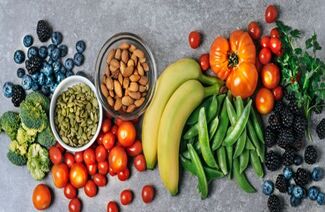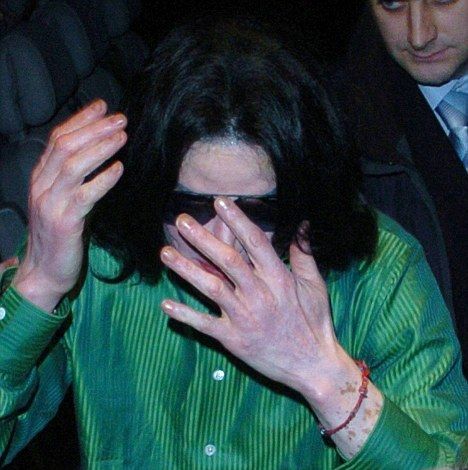让人越吃越年轻的食物
|
'Are there any miracle foods I can eat that will turn back the clock for my skin?' Sadly, there's nothing you can do to reverse the ageing process, but you can give your skin a helping hand by eating plenty of nutrient-rich foods. A big cause of skin ageing is a loss of collagen, one of the skin's main structural proteins. 'It's thought to decline by 1% per year from your mid-twenties onwards,' says Sophie. 'Vitamin C is essential for collagen production, so increase the amount of colourful fruits and vegetables you eat.' Get chomping on red peppers, berries, citrus fruit, leafy green veg, herbs, cruciferous veg and potatoes with their skin left on. The worst thing you can eat is, surprise surprise, sugar.
'Sugar has been shown to contribute to premature skin ageing,' says Sophie. 'It exacerbates natural processes that occur from our mid-thirties, damaging collagen and elastin and leading to reduced skin elasticity, twrinkles and sagging.' 'My skin is dry and flaky. Should I be drinking more water, or is there anything I can eat to improve it?' 'Keeping yourself well-hydrated is key for skin health, but unfortunately drinking more water does not equate to better-hydrated skin,' says Sophie. 'Nevertheless, in the short term, dehydration can leave skin looking pale and sallow, while chronic dehydration can lead to a disruption in skin barrier function and decreased elasticity.' Aim to drink enough water or herbal tea to keep your urine a pale colour. 'Drinking green tea could help too, as it contains catechins which have been found to improve skin hydration,' says Sophie. In terms of food, seeds and nuts could give your skin a real boost. 'These contain antioxidant vitamin E and linoleic acid, a type of fat that can help with skin hydration,' she adds. 'I've seen expensive collagen supplements in the shops. Do they work?' 'There is little evidence that collagen will survive digestion and then travel in the bloodstream to the skin,' say Sophie. 'It's broken down in the gut to smaller molecules such as peptides and amino-acids.' |









